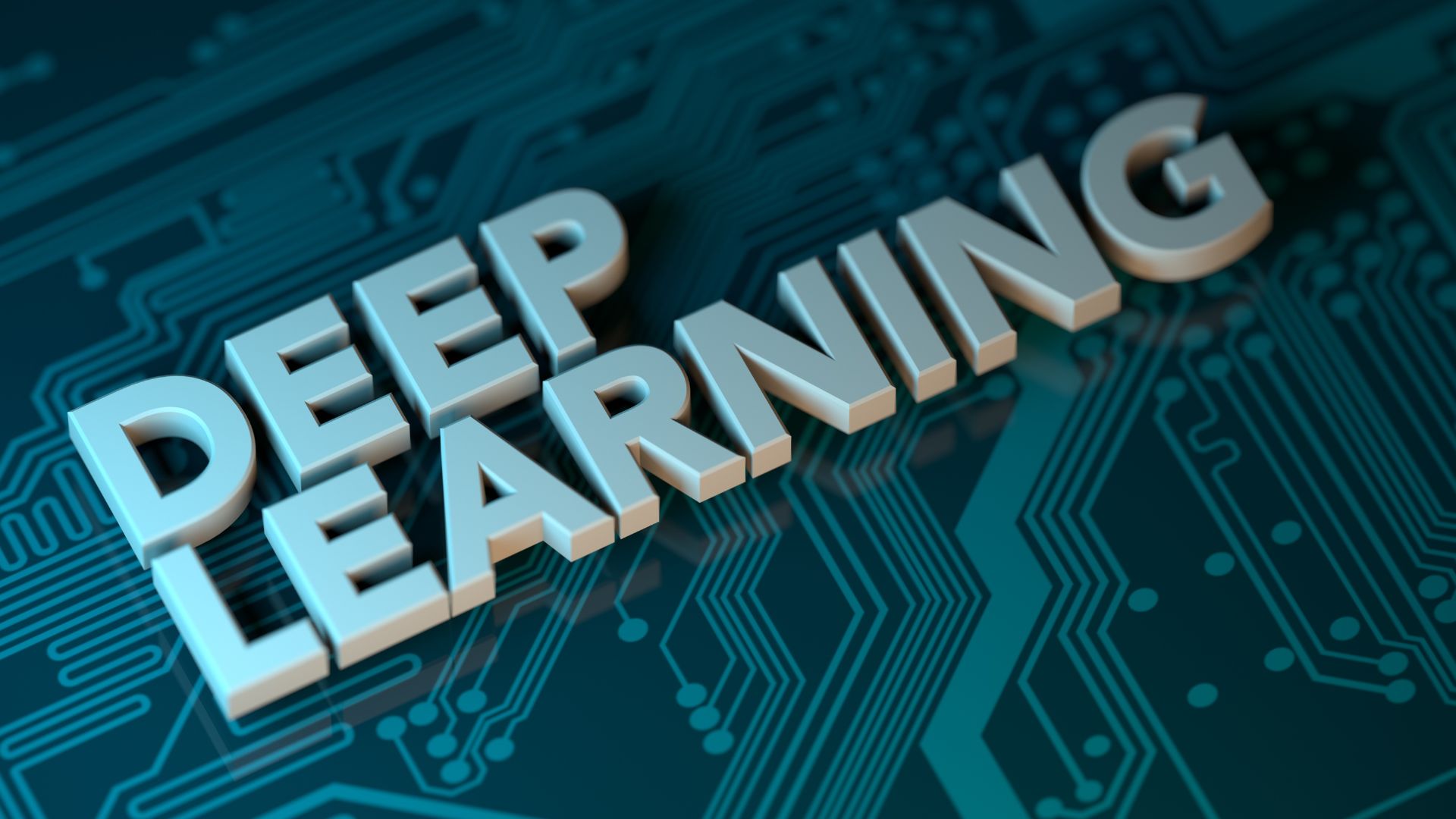
I recently completed the course “Natural Language Processing with Deep Learning in Python,” and I’m excited to share my review with you.
This comprehensive course, created by Lazy Programmer Inc., provides a complete guide to deriving and implementing word2vec, GloVe, word embeddings, and sentiment analysis with recursive nets.
Course Details:
- Average Rating: 4.7 out of 5 (based on 7,658 ratings)
- Number of Students: 44,435
- Last Updated: May 2023
- Duration: 12 hours and 7 minutes
- Languages: English (Auto), French (Auto), and more
Course Content:
The course is divided into 13 sections, consisting of 96 lectures, with a total length of 12 hours and 7 minutes. The sections cover a wide range of topics related to NLP and deep learning, including word2vec, CBOW and skip-gram methods, negative sampling optimization, GloVe using gradient descent and alternating least squares, recurrent neural networks for parts-of-speech tagging and named entity recognition, recursive neural networks for sentiment analysis, and more.
👉 you may also like - Top 5 Best Natural Language Processing Courses
Key Features - Natural Language Processing with Deep Learning in Python:
- In-depth Explanation: The course provides detailed explanations of the covered algorithms and concepts, ensuring a clear understanding of the material.
- Practical Applications: Learners gain hands-on experience by implementing word2vec, GloVe, and various neural network architectures for NLP tasks.
- Usage of Gensim Library: The course demonstrates the utilization of the Gensim library for obtaining pre-trained word vectors, computing similarities and analogies, and building text classifiers.
- Comprehensive Coverage: The course covers multiple architectures and techniques, equipping learners with a broad understanding of deep learning for NLP.
- 30-Day Money-Back Guarantee: The course offers a 30-day money-back guarantee, providing reassurance and flexibility for learners.
| Pros | Cons |
|---|---|
| - Average Rating: 4.7 out of 5 | - Prerequisite Knowledge Required |
| - Extensive Course Content | |
| - Practical Implementations | |
| - Usage of Gensim Library | |
| - Clear Explanations | |
| - Comprehensive Coverage | |
| - Instructor Experience: Lazy Programmer Inc. | |
| - Large Number of Students: 44,435 | |
| - Last Updated: May 2023 | |
| - 30-Day Money-Back Guarantee |
Pros:
- Well-Structured Content: The course is organized into logical sections, making it easy to follow and navigate.
- Experienced Instructor: Lazy Programmer Inc. has a solid reputation for creating high-quality courses on various data science topics.
- Practical Implementations: The course focuses on practical implementations, allowing learners to apply the learned concepts to real-world problems.
- Wide Range of Topics: The course covers a comprehensive range of topics, providing a holistic understanding of NLP with deep learning.
- Clear Explanations: The instructor provides clear explanations, making complex concepts more accessible and easier to grasp.
Cons:
- Prerequisite Knowledge: The course assumes learners have a certain level of proficiency in calculus, linear algebra, probability, Python programming, and neural networks. Beginners without these prerequisites may find it challenging to follow along.

Is this course suitable for beginners in NLP and deep learning?
No, this course assumes a certain level of proficiency in calculus, linear algebra, probability, Python programming, and neural networks. It is recommended for students with a solid foundation in these prerequisites.
What programming language is used in this course?
The course primarily uses Python for implementing the various NLP and deep learning techniques covered. Familiarity with Python coding is essential for understanding and following along with the course material.
Does the course provide practical hands-on exercises?
Yes, the course emphasizes practical implementations and provides opportunities for hands-on exercises. This enables students to apply the learned concepts and enhance their understanding of NLP with deep learning.
Are there any pre-trained models or libraries used in this course?
Yes, the course demonstrates the usage of the Gensim library for obtaining pre-trained word vectors and performing tasks like computing similarities and analogies. This allows students to leverage existing models and focus on building text classifiers and solving NLP problems.
In conclusion, the “Natural Language Processing with Deep Learning in Python” course offers a wealth of knowledge and practical applications in the field of NLP. With a high average rating and a substantial number of students, it is evident that this course is well-received by learners. If you have a solid foundation in the required prerequisites, I highly recommend enrolling in this course to enhance your understanding and skills in NLP with deep learning.
Please note that it is advisable to check the course curriculum and prerequisites to ensure they align with your specific learning needs and goals.





![Cyber Security Certifications - Ultimate Guide [from beginners to advanced]](https://coursefinder365.com/images/ultimate-guide-for-cyber-security-certifications.webp)
